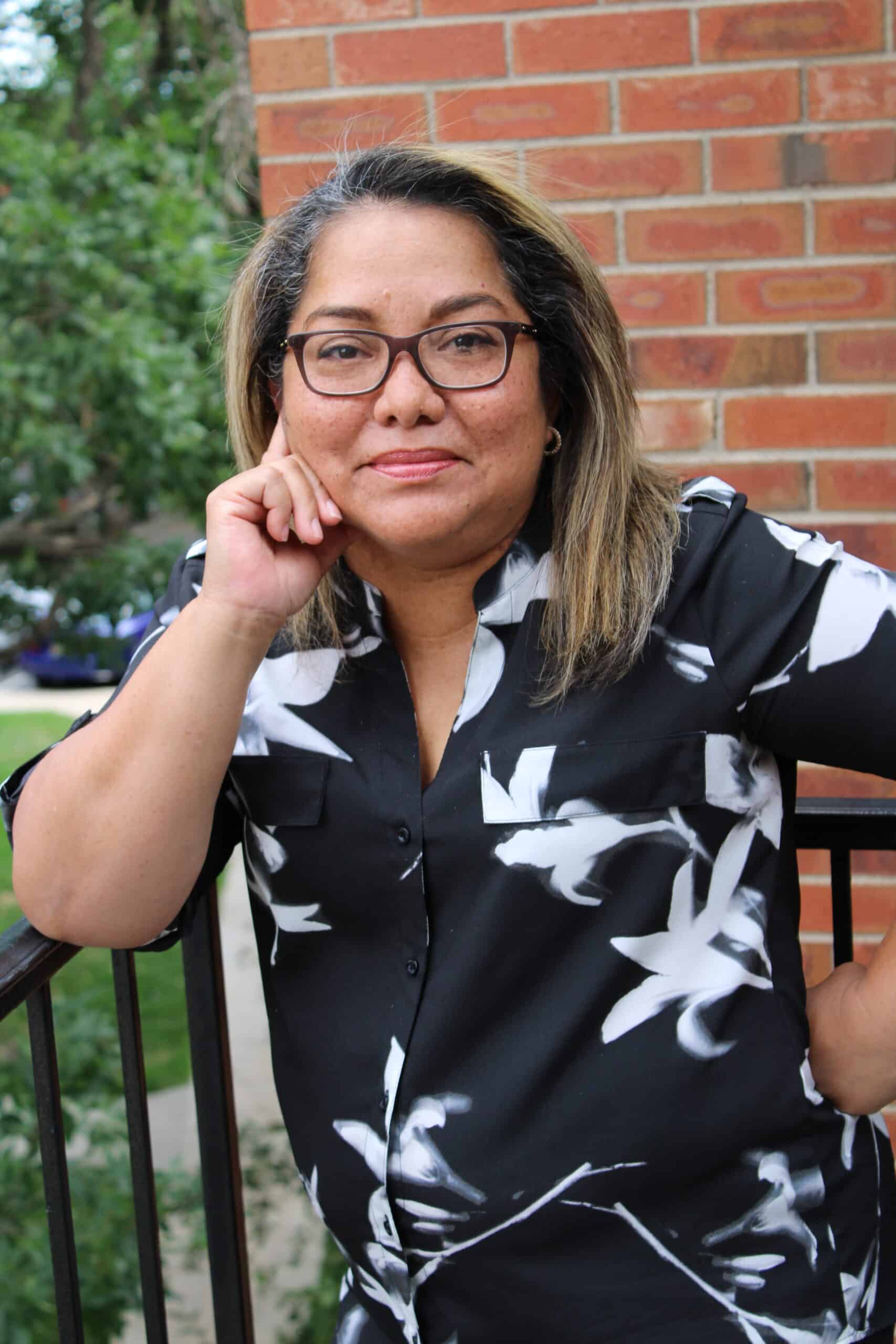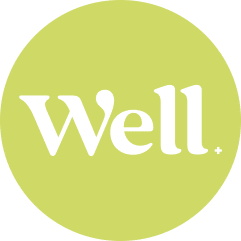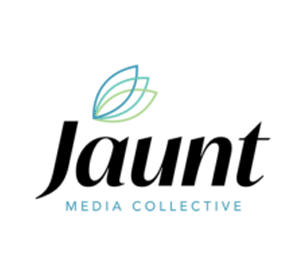With Love + Devotion : A Story of Immigration | By Marisol Cruz
The power was often cut as soon as the sun went down in Xiomara, Andira Blanco’s hometown in El Salvador. She grew up during the country’s civil war where opposing sides frequently reduced entire neighborhoods to complete darkness, so they could advance on their enemies. She spent many dark evenings huddled beside her brother while their mother, rocking gently in her hammock, recited poetry to them by candlelight. The poems served as a soothing distraction from the sounds of whirring helicopters and gunfire outside their home. Despite the danger lingering at her front door, Blanco recalls these moments with her mother with love and tenderness: “My parents tried to give me the best they could at that time. [They] are fighters.” Through poetry, she dipped into the well of human experience and learned to open her heart to a spectrum of emotion — all while a war tore through her beloved childhood home.
“In the end, [these experiences] make us stronger. We have to dust ourselves off and start over,” she reminisces. Blanco continued to live her life rooted near her family and deeply planted in her country, unwilling to give up on her home. But that all changed in 2008, when she learned that the baby boy growing inside her had Down Syndrome. For the first years of Julio’s life, she battled to find resources and proper medical attention. When she was fired from her job due to missing too many days — days spent taking Julio to his many medical appointments — she used her severance pay to fund a surgery for her then 9-month-old son.

Photo courtesy of Xiomara Andira Blanco.
She felt alone and overwhelmed. Her son’s condition was complicated — resulting in numerous hospitalizations every year; she did not know where to turn. A relative told her about the extensive support available to children with special needs in the U.S. So, in 2016, she uprooted her family and immigrated to give her son the opportunity to thrive around others who could better understand his condition.
The U.S. school system is complex, multi-layered and challenging to navigate, especially if English is not your first language. After attending her son’s first Individualized Education Plan (IEP) meeting — a plan commonly given to children who require special accommodations for their learning — she walked away with an overwhelming sensation of the work that lay ahead. The school had assigned Julio a meager 10 minutes of speech therapy per week, even though he is non-verbal and needed much more support. On top of finding employment, navigating a new country and learning a new language, she needed to find a school whose staff would work patiently with her (with her limited English) and take the time to understand Julio’s needs. And, she knew she would need to fight to make that all happen. She would need to be her son’s biggest advocate. And so, her life’s work began.
Along her journey to navigate the school system, she met other Latinx families with children with disabilities. She knew firsthand how lonely and heart wrenching the experience of immigration can be, compounded by having a child with disabilities, so she decided to form a support group. Only one parent attended their first meeting at a local library, but Blanco was not discouraged; she knew her community
needed this: “[The language barrier] stops them, and that is why we cannot 100% connect with organizations, with the [school] system.” By their fifth meeting, they had 50 attendees — Latinx parents of children with disabilities who were hungry to learn and receive resources in the language they were most comfortable with: Spanish. She found speakers from school districts and health departments to share information
with parents in Spanish, and families kept coming back. And, she did it all as a volunteer with a deeply empathetic, open heart.
Any funds that were raised went into running the group, which became known as Grupo de Apoyo (Support Group). But, she knew that she was restricted by her time and limited funds, so in 2022, she accepted an invitation to be part of a grassroots nonprofit committed to educational equity, Colorado Statewide Parent Coalition (CSPC). Under CSPC, she continues to expand Grupo de Apoyo and currently serves families across Colorado.
Blanco’s work permeates the community. With her quiet grace, integrity, dignity and complete devotion to her family and community, she offers herself to her work. Humble and unassuming, with eyes that connect with the essence of anyone she meets, this woman is defined by her eternal optimism: “Let’s not focus on [a community’s] shortcomings or their barriers, but rather, let’s share their successes … that way we will have a more empowered community, a more inclusive community. Let’s embrace that we are a diverse community.”
To learn more about Blanco’s work and donate to her cause: coparentcoalwition.org
Originally published in Winter + Spring 2023-24 issue of Well.
Savor every sip with your newest emotional-support Hydro Flask. Start your mornings with the utmost comfort as [...]

Subscribe to Our Tribe
Stay up to date with Y+L News, Events and special announcements.










